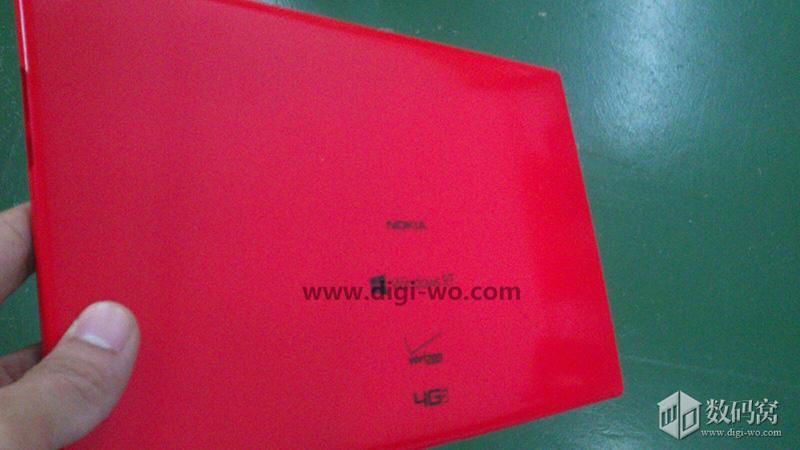
Sometimes, you just need a champion. And not something that simply takes the mantle and does nothing with it. No, you need a manufacturer that can create a truly iconic device, or a family of them, and make something happen. They cannot simply rest on their laurels. There has to be action, and suspense, and… Wait, maybe we're getting a bit off track here.
Phones, manufacturers, and mobile operating systems need champions. A mobile operating system isn't worth anything if it doesn't have a device that's worth running it on. It doesn't necessarily have to be able to directly compete with its perceived competition, just as long as it does what it does, and does it well.
And sometimes half the surprise can be which manufacturer finally does land that champion device. Despite the flak that Samsung receives for releasing plastic "high-end" devices, there's no doubt in my mind that Samsung's Galaxy S and Galaxy Note device lineups are the champions of Android. While HTC should probably take that role in 2013, at least, Samsung was hard-pressed to give it up. And I'm sure they'll come out swinging with the Galaxy Note III next week.
Microsoft's Windows Phone needed a champion. The mobile OS has been out since 2010, and since then it's been desperately trying to climb up the smartphone OS ladder. Trying to get to that third spot, and stay there. They've got competition, yes, and that's why the mobile platform needed a champion. They needed a device, or suite of new devices, that could really put Windows Phone in the limelight, and get people interested in the platform.
And that's where Nokia comes in. Their Lumia-branded devices have swept up the lion's share of Windows Phone adoption, and that trend doesn't look to be slowing down. While Samsung and HTC (and others) are still out there, releasing and planning to release more Windows Phone handsets, it's Nokia that's prepared to take the weight of the mobile OS on its shoulders, and actually make something happen.
Nokia is Microsoft's champion within the mobile space, and there's no denying that. Nokia knows it, and so does Microsoft -- which is exactly why a Nokia-branded Windows RT tablet makes so much sense.
Now, you might be thinking, "Windows RT makes sense?" and that would be understandable. But, it's not so much about whether or not Windows RT makes sense, especially when we compare it to the other tablet competition. Nokia is the perfect company to get people interested in Windows RT that may already be tempted by it, but that just haven't been swept off their feet by the current device lineup running the quasi-tablet OS.
This rumored "Sirius" Windows RT tablet sounds pretty nice, based on the rumored specifications. It's supposed to boast a 10.1-inch 1920x1080 display, which will also have the ability to output a brighter image for looking at the screen out in the sunlight. It's said to have 2GB of RAM, 32GB of onboard storage, and a quad-core Snapdragon 800 processor. There's also supposedly a 6MP rear-facing camera, and a 2-megapixel camera on the front. It will also come along with 4G LTE-connectivity, as well as micro-HDMI and micro-USB ports. It will also come with a microSD card slot for good measure.
Basically a tablet with all the ports and connectors and what not that you'd want. With Windows RT. And that's going to be the real kicker, because apparently Nokia wants to price this device right next to the iPad. The reports suggest that the Sirius Windows RT will be priced "comparatively" to the iPad, and that leads me to believe it will be $599 when it launches. Because that's compared to the 32GB iPad with Retina Display.
Will that be too expensive? Maybe. But, at the very same time, this Sirius tablet has features and specs that actually suggest that price makes sense. However, I think Nokia would be on the right path if they priced it at $499 (compared to the 16GB iPad with Retina Display), and went after the competition that way.
Windows RT hasn't seen a lot of adoption, but we know that Microsoft isn't going to ditch it. Which is why they would give Nokia the ability to make a Lumia-inspired Windows RT tablet, and hope that they can work magic a second time, in a different device niche.
What do you think? Can Nokia lead the Windows RT charge like they have with Windows Phone 8? Or is Windows RT just not salvageable? Let me know!